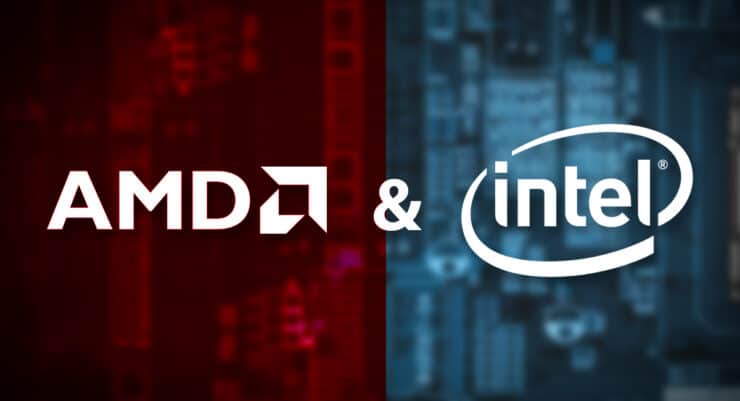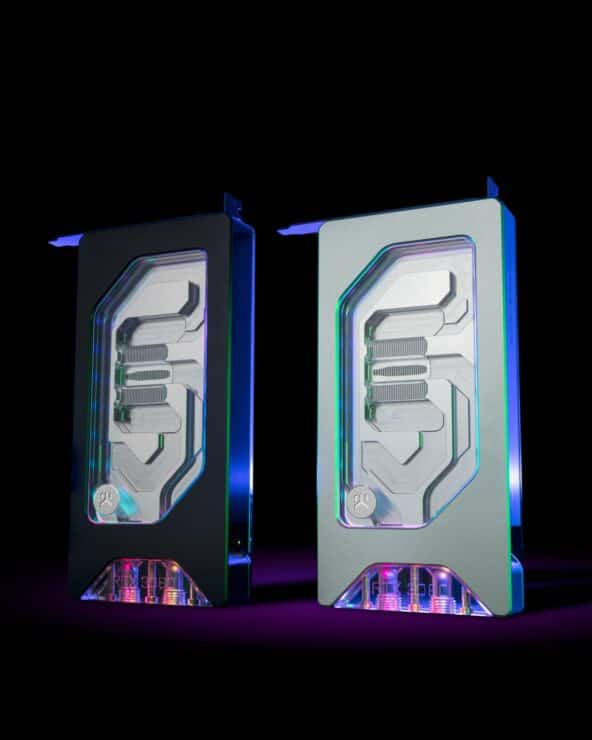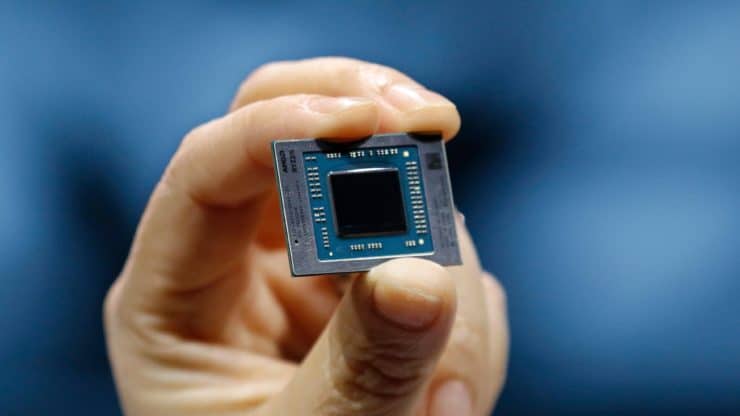
Semiconductor Heavyweights Intel (NASDAQ:INTC) and AMD (NASDAQ:AMD) were expected to take a substantial financial hit at the onset of the coronavirus (COVID-19) pandemic due to a deterioration in the macroeconomic climate and the corresponding demand slump. However, it appears that demand in at least one sector, that of PCs, has recovered much more quickly.
The investment note published today by Bank of America analyst Vivek Arya bodes well for the two leading semiconductors. Arya contends that Intel’s shipment of PC CPUs grew by 7 percent in the first half of 2020, exceeding actual PC production by 500 basis points (5 percent) during the pertinent timeframe. This pace of channel replenishment indicates strong tailwinds for Q3, according to the Bank of America analyst. While noting that the consensus expectations for Intel’s metrics related to the second half of the year were “too conservative”, Arya conceded that Apple’s transition to in-house silicon is a “modest headwind” for the semiconductor giant.
As far as AMD is concerned, Arya noted that the semiconductor held just 18 percent of the PC market in Q1 2020. However, AMD’s fourth-generation Ryzen processors expected in the second half of the year will allow the company to “extend its performance lead”.
In light of this prognostication, Bank of America has maintained its ‘Buy’ rating for the two semiconductors, pegging a target stock price of $70 for Intel and $65 for AMD.
Of course, this investment note adds to the growing indications of a revival in PC demand, bolstering the bullish case for the two leading semiconductors. According to the IDC data published on the 9th of July, PC shipments increased by 11 percent on an annual basis to 72.3 million units during the second quarter of 2020. Moreover, the U.S. is expected to record its highest volume since 2009 at over 21 million units. This strength is being driven by education, enterprise, and consumer segments but is being partially offset by a spending freeze instituted by small and medium-sized businesses.
Delving into the specifics, the IDC data reveals that HP (NYSE:HPQ) led the charge in PC shipments with 18 million units shipped during the period. Moreover, Lenovo shipped 17.4 million units during the period, followed by Dell (NYSE:DELL) at 12 million, Apple (NASDAQ:AAPL) at 5.6 million, and Acer (NASDAQ:ACER) at 4.8 million units. In a positive sign for the semiconductors Intel and AMD, the IDC report noted:
“The strong demand driven by work-from-home as well as e-learning needs has surpassed previous expectations and has once again put the PC at the center of consumers’ tech portfolio.”
Nonetheless, it should be noted that Intel faces much sharper headwinds currently. As an illustration, Goldman Sachs downgraded the semiconductor giant on the 6th of July from ‘Neutral’ to a ‘Sell’ rating. The Wall Street bank also lowered the target price for Intel’s stock to $54 from an earlier peg at $65. While conceding that Intel looked “cheap” relative to the valuation of its competitors, Goldman analyst Toshiya Hari asserted that Intel is “the only company where we forecast gross margin contraction over the next few years.”
Year to date, AMD shares are up over 12 percent. On the other hand, Intel shares are down around 0.8 percent during the same period.





More Stories
EKWB Unveils The Quantum Vector FE RTX 3080 D-RGB – Special Edition Blocks For GeForce RTX 3080 FE Graphics Card
AMD Ryzen 7 5800H 8 Core & 16 Thread Cezanne ‘Zen 3’ High-Performance CPU Shows Up, Early ES Chip With 3.2 GHz Clocks
AMD Ryzen 9 5950X 16 Core Flagship CPU Benchmarked Again, Crushes Intel’s Top Core i9-10980XE 18 Core HEDT Chip